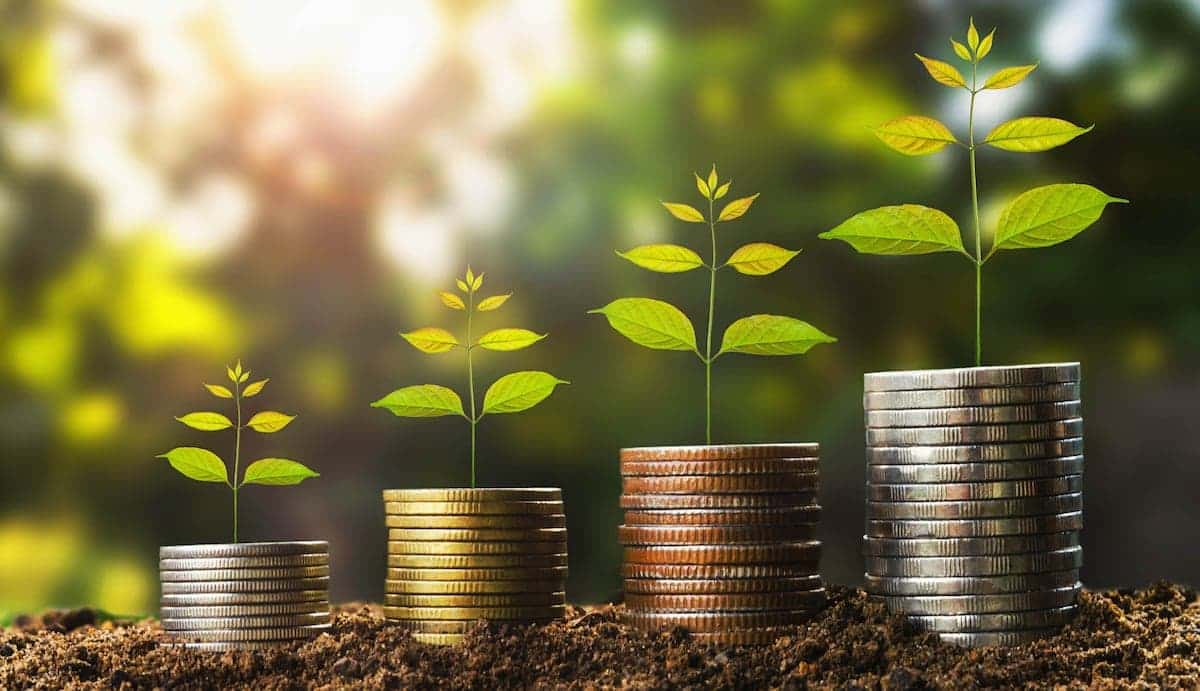Economic stakeholders are the key players in shaping a region’s economic development and driving growth through strategic collaboration. These stakeholders include groups like government entities, educational institutions, healthcare providers, and the public, all of whom play essential roles in creating thriving, sustainable economies. By fostering partnerships across sectors, economic stakeholders ensure that policies, workforce development, and infrastructure are aligned for long-term success.
Related: What Is Economic Development?
Government Stakeholders in Economic Development
Government stakeholders play a critical role in economic growth by implementing policies and regulations that foster healthy business development, improve infrastructure, and create a favorable environment for investment. Through thoughtful governance, government entities ensure that economic activities remain sustainable and aligned with the needs of the region.
Role of Government Policies and Regulations
Government policies, laws, and regulations directly shape economic growth by providing a stable framework for businesses and the public to operate in. These policies influence taxation, land use, and industry standards, which are all part of fostering regional prosperity.
Public Sector Contributions
The public sector drives infrastructure development by investing in transportation, utilities, and public services. These contributions create the backbone of a thriving economy, enabling businesses to grow and communities to access vital resources.
The Role of Education Stakeholders
Education stakeholders develop the workforce that powers local industries. Effective educational institutions, through their training and programs, equip individuals with the skills necessary to drive innovation and maintain economic competitiveness.
Discover Denver’s South’s Education Profile
Shaping the Workforce
Through specialized training programs, partnerships with businesses, and a focus on practical, real-world experience, educational institutions prepare students to meet the demands of the job market. This not only enhances the local talent pool but also ensures that businesses have access to a skilled, adaptable workforce, which is critical for driving innovation and supporting long-term economic growth.
Learn More: Workforce Development in Denver South
Creating Pathways to Living-Wage Jobs
Educational leaders work closely with private businesses to allow students better access to living-wage job opportunities. These mutually beneficial partnerships ensure that students gain practical skills that meet valuable employer needs, supporting both economic and personal advancement.
Healthcare Stakeholders and Their Economic Impact
Healthy, happy people make the best workforce. Healthcare stakeholders are central to fostering a thriving economy by prioritizing the health and well-being of the individuals in it. When people have access to quality healthcare, they can work, innovate, and contribute meaningfully to their communities. By offering accessible, timely care, healthcare providers reduce the burden of illness, ensuring that workers stay productive and families remain financially stable, which in turn drives overall economic resilience.
Importance of Access to Healthcare
Access to healthcare empowers individuals to maintain their health and safeguard their livelihoods. When people can address medical concerns without delay, they are less likely to face prolonged absences from work or incur unmanageable expenses. This not only promotes greater productivity but also strengthens the economic fabric by supporting the financial security of households, ultimately leading to sustained economic growth.
Role of Healthcare Professionals
A healthcare system is only as good as its healthcare professionals. These workers play a vital, hands-on role in keeping communities strong and economies thriving by delivering preventive care, treatments, and essential health services. When an area’s healthcare professionals are expertly-trained, properly staffed, and well-incentivized, the entire community thrives.
The Public as Economic Stakeholders
An often overlooked but pivotal group of active economic stakeholders is a region’s public. Through their voting decisions, civic involvement, and everyday choices as consumers, regular people help shape and guide economic growth. Public participation ensures that economic development is aligned with the needs, values, and aspirations of the community, creating a more inclusive and resilient future for all.
Who Makes Up the Public in Denver South?
Role of Voters in Economic Development
Voters hold the power to shape economic policies that directly influence development, taxation, and regulations impacting businesses and communities. Their engagement at the polls ensures that economic initiatives reflect the desires and priorities of the people. When citizens actively participate in elections, they help steer regional growth in ways that support job creation, community well-being, and long-term prosperity, making their role indispensable in shaping a thriving economy.
Civic Engagement and Its Impact
Civic engagement goes beyond voting — it gives individuals a voice in the policies that drive economic development. By participating in public discussions, attending meetings, and offering feedback, residents help ensure that policies are not only informed but also responsive to the unique needs of their communities. Public input leads to better-crafted solutions that foster sustainable growth, promote equitable opportunities, and enhance the region’s overall quality of life.
Collaboration Among Stakeholders
Collaboration among economic stakeholders is how a region unlocks its full growth potential. When education, healthcare, the public, and other invested parties work together, they create strong partnerships that tackle challenges and seize opportunities from multiple angles. This collective approach ensures that diverse perspectives and new ideas are considered, resulting in more innovative and inclusive solutions that drive sustainable economic development and improve the quality of life for all.
Bringing It All Together: The Power of Collaborative Economic Development
Collaborative efforts among economic stakeholders lay the foundation for sustainable, inclusive growth that benefits everyone. By uniting their resources and expertise, regional stakeholders can foster resilient, thriving economies that are adaptable to future challenges. The combined contributions of all concerned parties ensure that economic development supports businesses, enhances communities, and improves individual well-being, creating a better, more prosperous future for all.
Denver South proudly collaborates with local economic stakeholders, acting as a leader and partner in a community that works together for smart growth and alignment. Click here to learn more about our organization or contact us to learn more about growth in one of the Centennial State’s strongest regions.
What part will you play? Whether you’re here to grow or just starting out, let’s build a future of collaborative success together.

